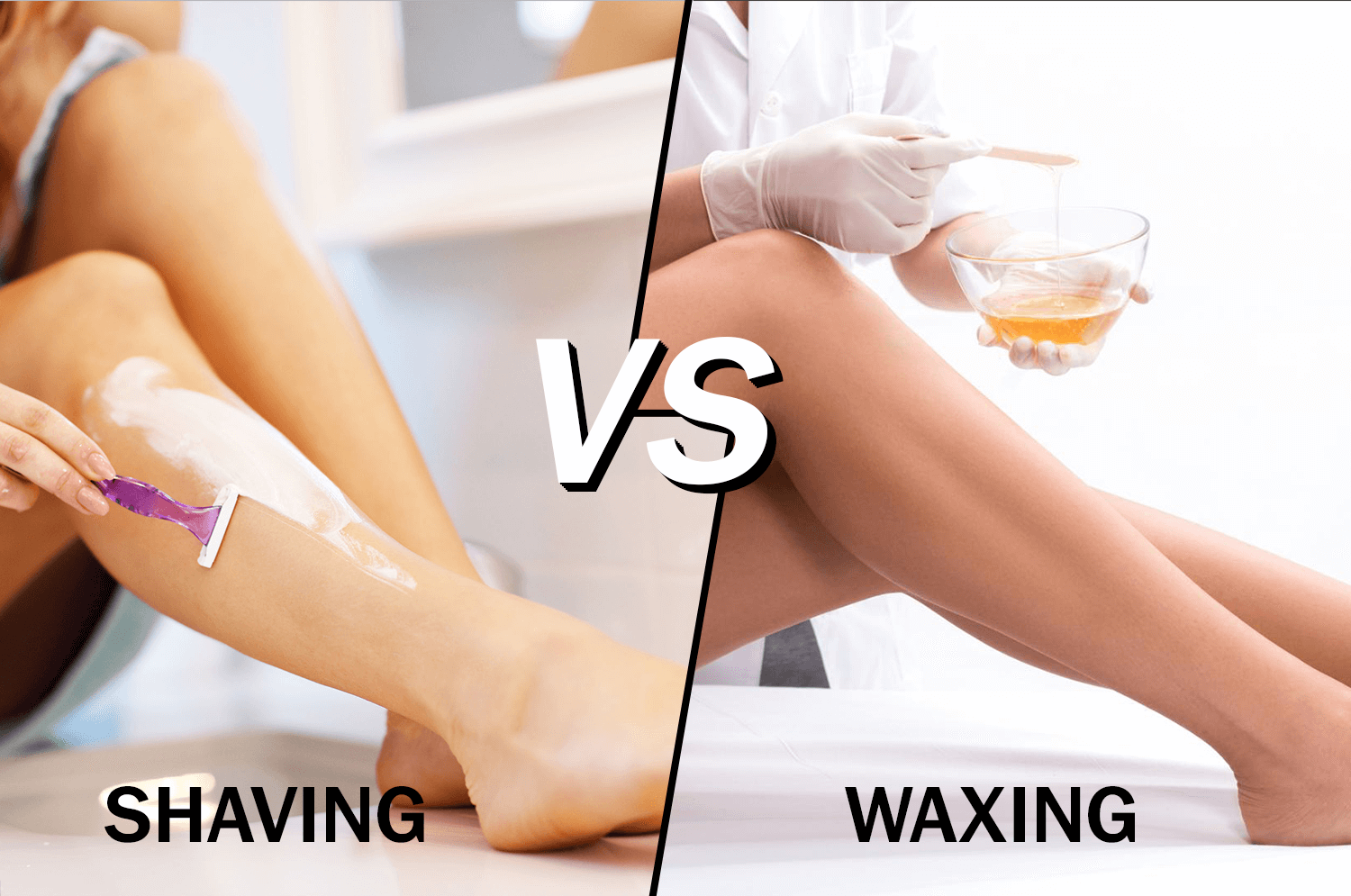Open and courteous communication between the massage therapist and the client is crucial throughout a massage session. Certain inquiries, though, may be detrimental or distressing for the client. Here are five questions that, in general, shouldn’t be asked during a massage, along with justifications for why they could be detrimental:
Personal Relationship Status: It is intrusive and unrelated to massage therapy to inquire about a client’s personal relationships, such as whether they are single or in a relationship. Clients could feel exposed, judged, or uncomfortable as a result of this query. It’s crucial to uphold professional limits and keep the client’s wellbeing in mind during the session.
Sexual Orientation or Gender Identity: It is intrusive and unrelated to the massage session to ask a customer about their sexual orientation or gender identity. Clients who identify as LGBTQ+ may feel targeted or criticized by such inquiries. All customers, regardless of their sexual orientation or gender identity, should feel secure and appreciated in the inclusive and tolerant environment that massage therapists should foster.
Financial state: During a massage session, it is improper to inquire about a client’s financial state, income, or job status. Clients could feel judged, ashamed, or uneasy after answering this question. The therapy process should take center stage, and financial topics should not be discussed unless they are directly related to payment or insurance procedures.
Weight or Body Size: Asking a client about their weight or body size can be extremely uncomfortable and even triggering for some people. It may result in self-consciousness, body image problems, or body shaming. Instead, emphasis should be placed on fostering a body-positive workplace where clients feel encouraged and accepted regardless of their size or shape.
Medical History or Diagnosis: While it is crucial to obtain pertinent health information from clients, it can be intrusive and inappropriate to inquire about specific medical illnesses, diagnoses, or mental health problems unless there is a valid therapeutic justification. Only asking health-related inquiries that are genuinely necessary to ensuring a safe and effective course of therapy is the way massage therapists should conduct themselves professionally.
The client’s comfort, security, and wellbeing should always come first for massage therapists during a session. They should concentrate on getting information about the client’s present state of health, problem areas, level of pain, and preferences for the massage session. To improve the therapy experience, open-ended inquiries that let the client to offer feedback and express their needs can be beneficial.
It’s essential that massage therapists receive the right training and instruction, emphasizing professional behavior, ethical principles, and effective communication techniques. Massage therapists can foster a good and encouraging environment that encourages trust and the best possible client outcomes by upholding respectful boundaries and refraining from asking potentially harmful inquiries.





